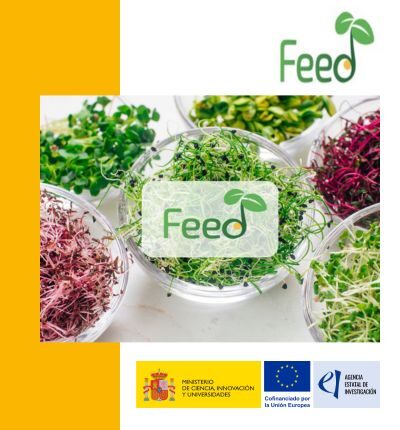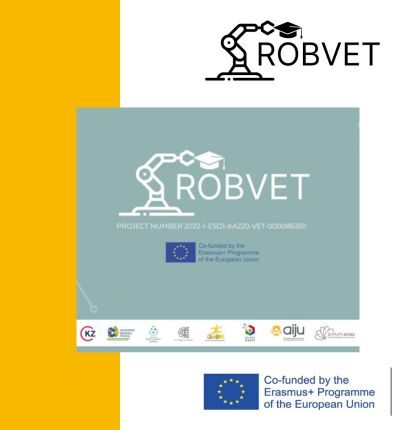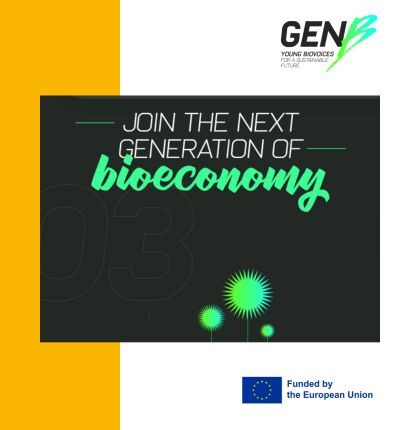Projects

Development of new biocompatible formulations for additive manufacturing in tissue engineering scaffold applications – BioScaff3D
New bio-compatible formulations are developed for additive manufacturing in scaffold applications to support bone growth and their internal structure is optimised to promote cell proliferation.
View more
Study on the generation of microplastics in children’s and consumer goods – MICRO4CHILD
The results of the research will provide knowledge on the generation of microplastics during the regular use of consumer products.
View more
Development of a Digital Product Passport integration system for the toy sector – AIPASSPORTGUARDNET
Implementing AIPASSPORTGUARDNET will position toy sector businesses in the leading edge of digitalisation and sustainability, offering safe and traceable products that comply with both modern consumer expectations and environmental regulation.
View more
OUTDOOR STE(A)M – OUTSTEAM
The OUTSTE(A)M project will develop a toolkit for ECEC and primary educators to teach sustainability in outdoor settings using a STE(A)M approach with the support of age-appropriate technology
View more
From Edible sprouts to hEalthy fooD – FEED
The objective of FEED is to improve the development of a new trend towards the consumption of “functional foods”, using fresh sprouts of different botanical origins, with particular attention to traditional, local and wild edible species.
View more
UnDErstanding consumer food choices & promotion of healthy and sustainable Mediterranean diet and LIfestyle in Children and adolescents through behavIOUral change actionS – DELICIOUS
DELICIOUS is a 3-year project aiming to boost the attractiveness of sustainable and healthy Med lifestyle (MD + physical activity) in Med societies, by raising awareness of their beneficial impact for the human and planet health.
View more
Functionalized Tomato Products – FUNTOMP
The objective of FunTomP is to reformulate traditional Mediterranean tomato products considering the current consumer trend of ‘functional foods’, using leaf proteins and olive powder by using novel and eco-friendly processing technologies that will impact the nutrients minimally.
View more
Integrated STEM Education with an Interactive Digital Library for Curious Kids – CURIKIDS
CURIKIDS fosters collaboration, creativity and innovative learning environments in the STEM field, contributing to the understanding of STEM concepts.
View more
Advanced robotic simulator for scenario development – RobVET
The objective is to equip students with the necessary skills to tackle real-world problems in robotized environments, fostering innovation in vocational training and increasing their employment opportunities.
View more